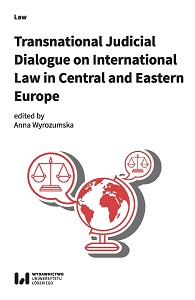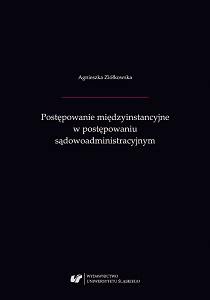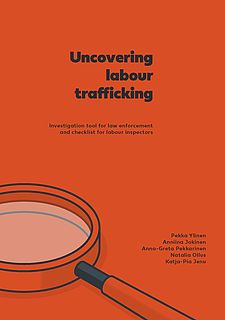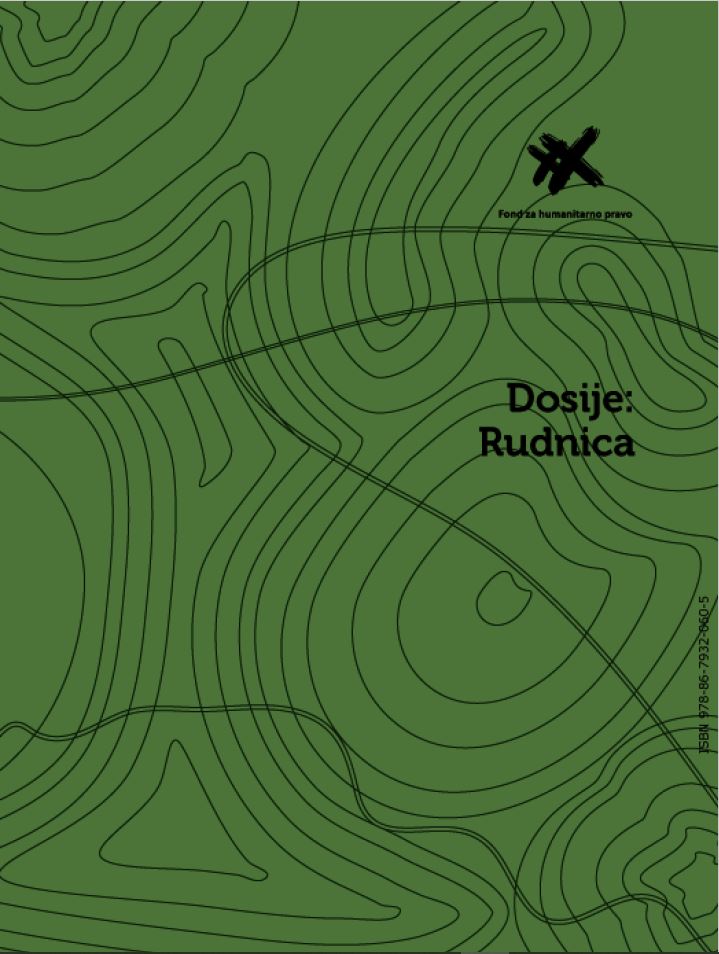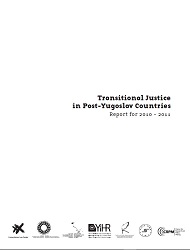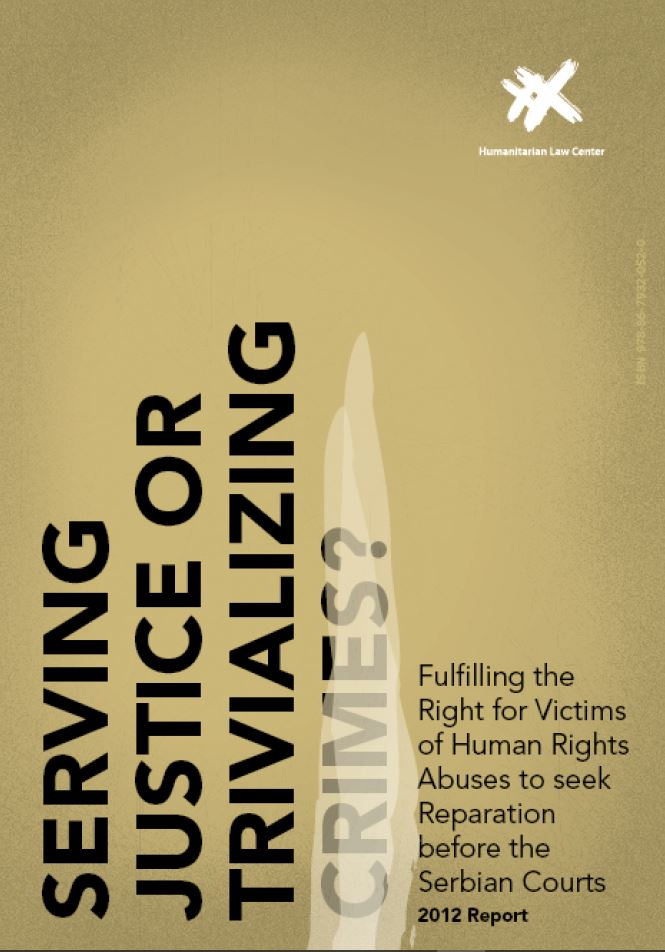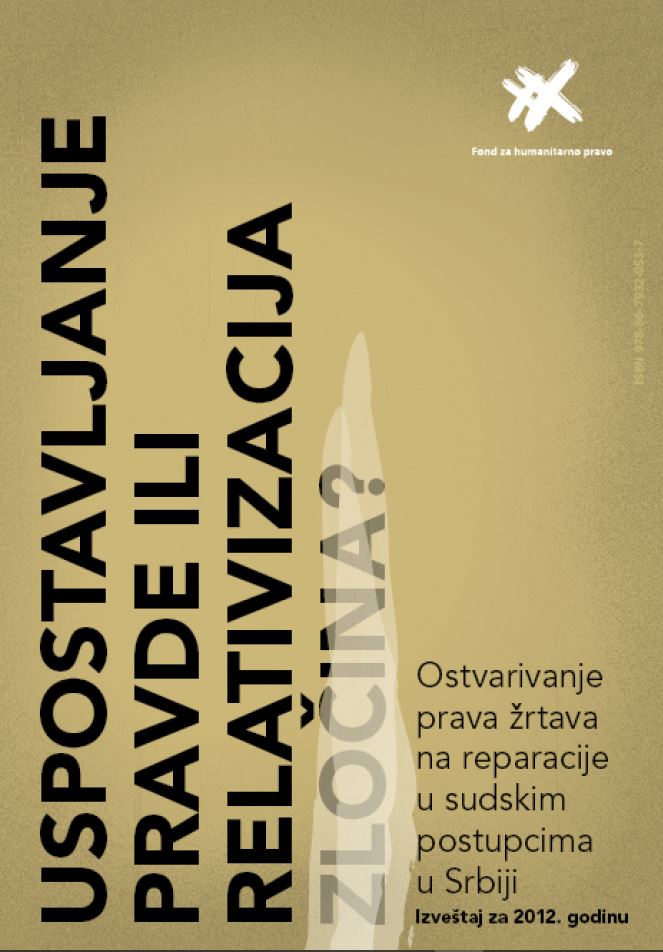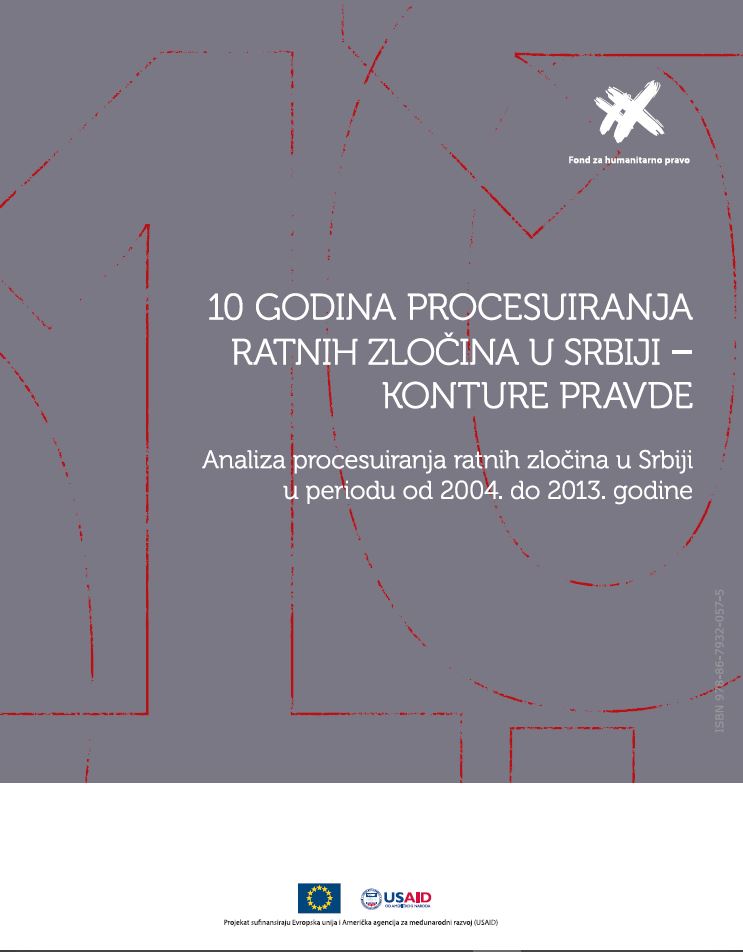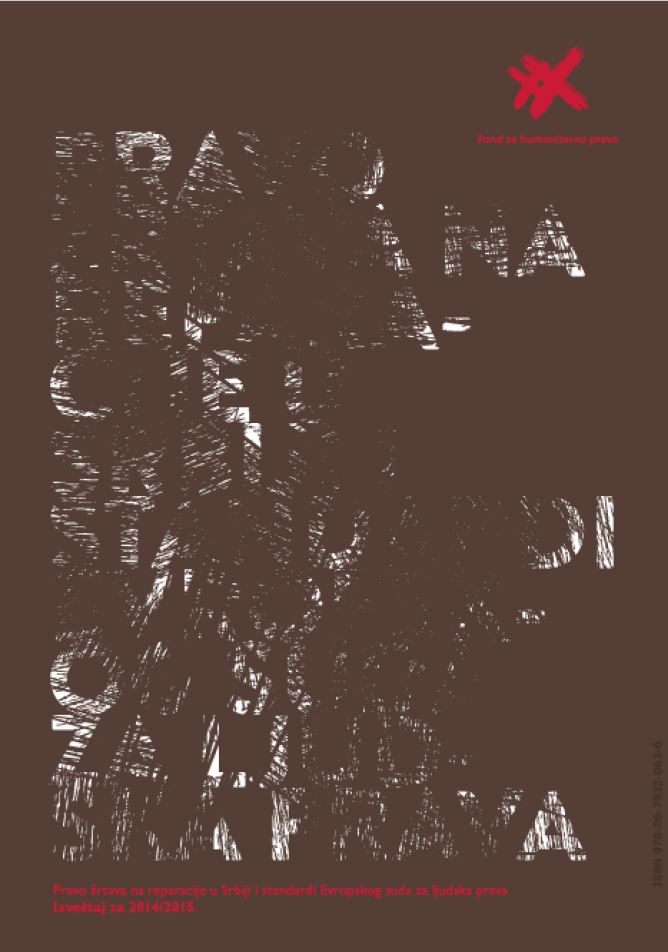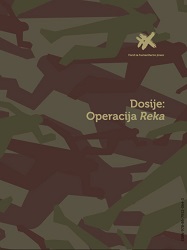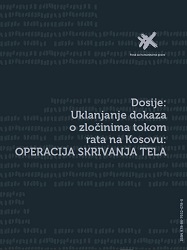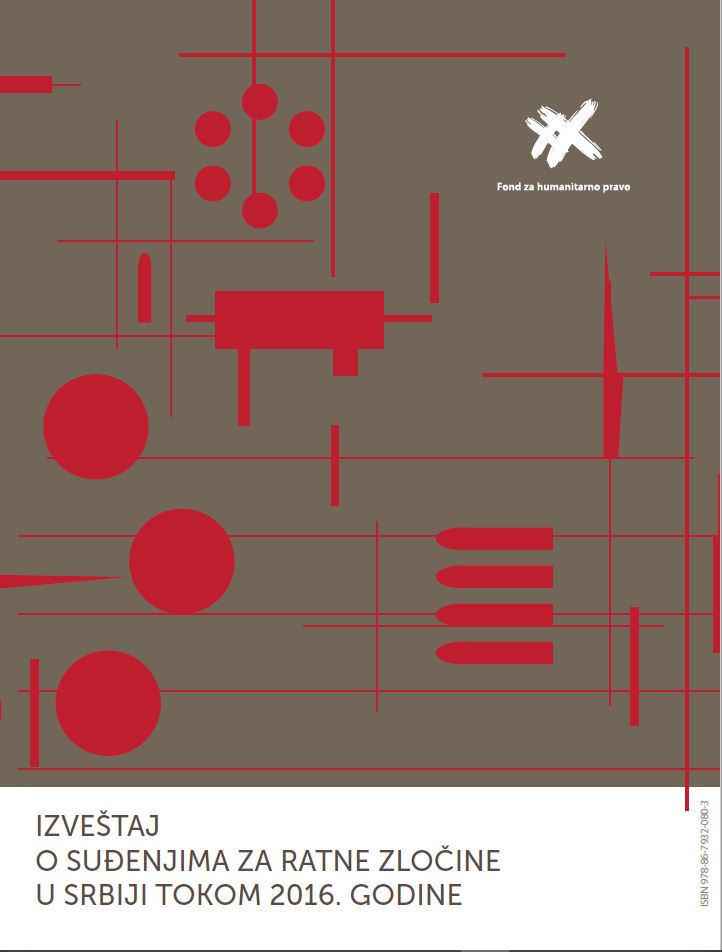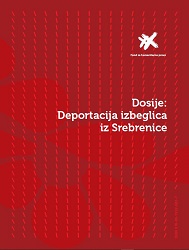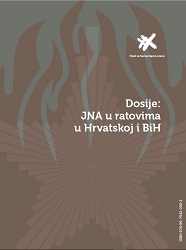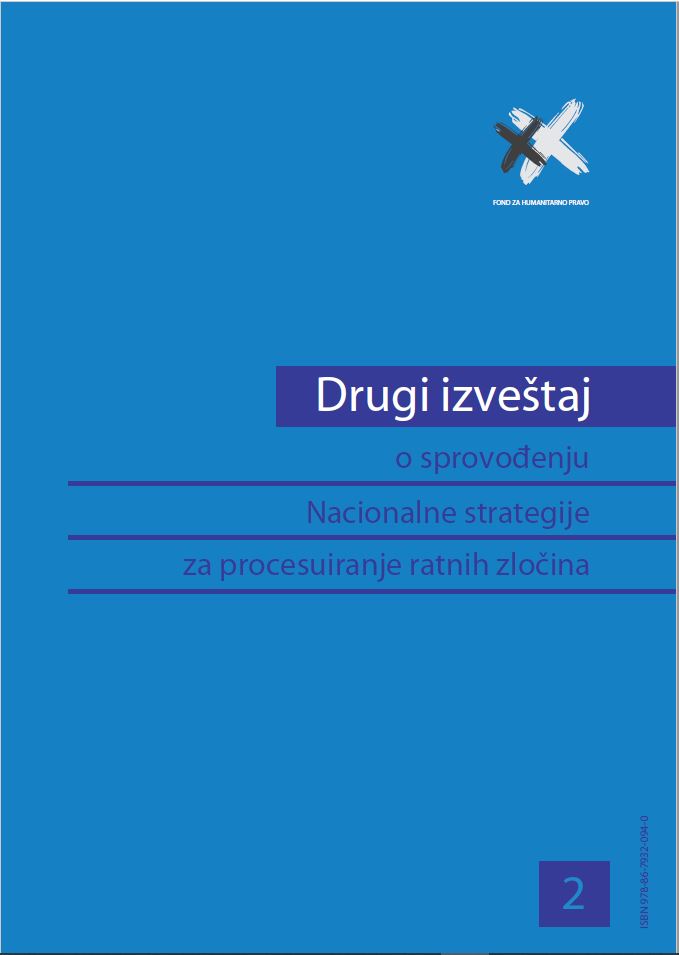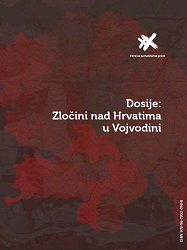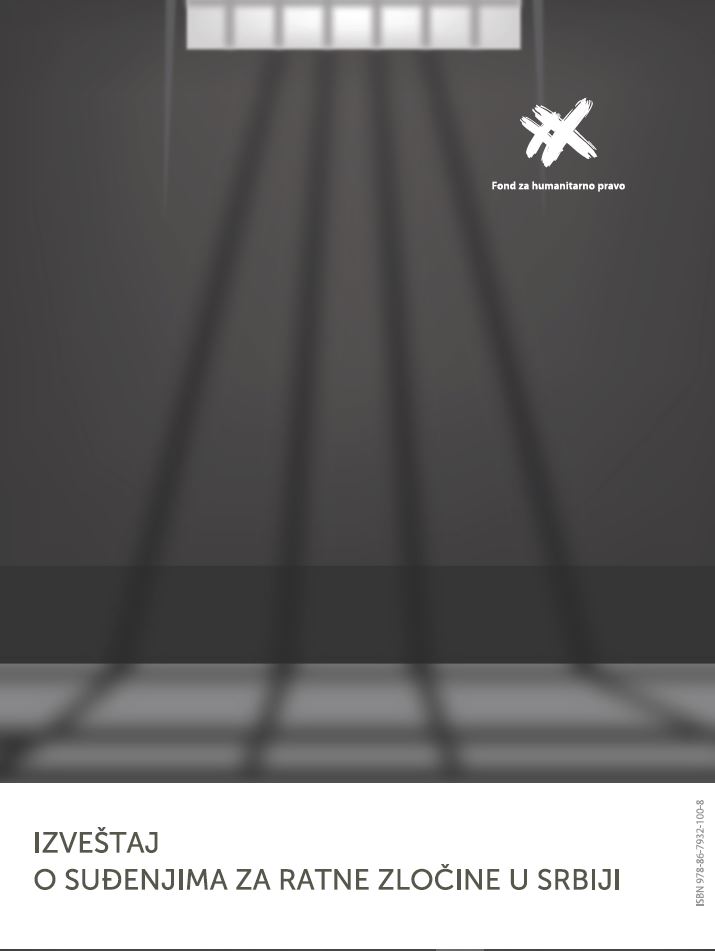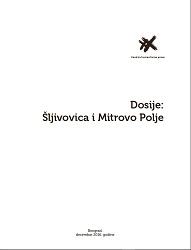Author(s): Agnieszka Ziółkowska / Language(s): Polish
The fundamental task of Polish court administrative proceedings is to protect law and order along with subjective rights of the individual. Upholding these principles involves structuring the court administrative procedure in such a way that it shall guarantee the praxeology (efficiency) of litigation while respecting basic procedural rights of a defendant or claimant/plaintiff (the parties in a case). To name a few of these rights: the right to trial in a court of law, the right to appeal, and the principle of two instances in administrative court proceedings. In this day and age, the time duration is one of the measures in evaluating the efficiency in operation of administrative courts, and so the lawmaker constantly aims at improving it, simultaneously respecting other constitutional and procedural principles while preserving the essence of the court administrative procedure, which sometimes entails relying on foreign legal solutions.
The subject of this monograph are complex issues pertaining to the inter-instance proceedings in the course of court administrative proceedings understood herein as a stage of the appeal proceedings; the said stage consists of a series of formalised, ordered, deliberate, and non-uniform actions taken by the court and the parties in a case, upon which the process of optimising praxeology of the appeal proceedings is buttressed. The extent of the investigated subject matter encompasses not only strictly procedural questions, but also systemic (that is, those related to two-instance character of the proceedings) and material ones (related to litigation laws derivative of constitutional regulations). A starting point for detailed considerations herein, are the two following notions: the instance and the principle of instances. Both the terms, despite their frequent interchangeable use, are not synonymous. The former is connected with organisationalsystemic issues (particularly: consecutive stages of proceedings) and functional ones (the scope of competence), whereas the latter is processual, since it constitutes a mechanism that allows the state to guarantee correctness and justice of the adjudications in court proceedings. Both the instance and the principle of instances may take two forms: vertical or horizontal. Presently, in accordance with the corresponding constitutional regulation, court administrative proceedings in Poland shall have at least two stages, that is, involve courts of at least two instances. However, this model of legal proceedings has been developed over an extensive period of time and, in the opinions of some of its proponents, has a revolutionary character. The principle of instances performs multiple functions that manifest the objectives of court administrative proceedings, which are both legal (including correctional, stimulating, precedent-setting, unifying legal interpretation, signalling-didactic, and instruction-related) and extra-legal. Multiplicity of court instances may, but does not necessarily have to, translate into prolonged proceedings time. Crucial in this respect seems to be the choice by the lawmaker of a model of appellate remedies. The inter-instance proceedings in the course of court administrative proceedings are a dependent procedure, particularly dependent upon filing with the court an ordinary devolutive appellate remedy: cassation appeal and complaint. In addition, it is a kind of proceedings with relatively narrow regulatory borders (Articles 173‒179 of the Law on Proceedings before Administrative Courts [LPA] and Articles 194‒196 LPA). The scope of actions taken during this stage of appellate proceedings is varied and, from the court’s perspective, includes: investigating the admissibility of a given appellate remedy, utilising self-control competences when there are premises provided by the law, rulings influencing the further course of appellate proceedings, giving decisions in incidental matters, and procedural-technical actions. In turn, from the perspective of the parties of a case, the actions taken may have direct or indirect influence on the course of proceedings. The former group of actions mostly serves to implement the postulate of praxeology in appellate court proceedings in the course of court administrative proceedings, and to relieve a court of second instance.
Regulations pertaining to inter-instance proceedings in selected European states (Federal Republic of Germany, Austria, Czech Republic, Slovak Republic) point to the already shared legal solutions and, moreover, might be an inspiration for the Polish lawmaker within the scope of reform and amendments of the court administrative procedure in its part relating to interinstance proceedings in the course of court administrative proceedings, in order to make it more efficient. Based on comparative analysis, the contemporary Polish regulations seem to be relatively sufficient, yet require some minor changes.
More...
